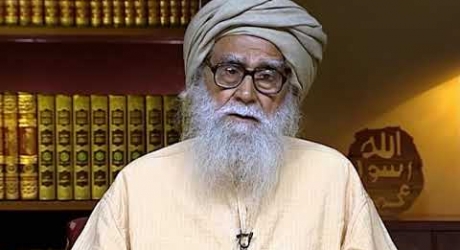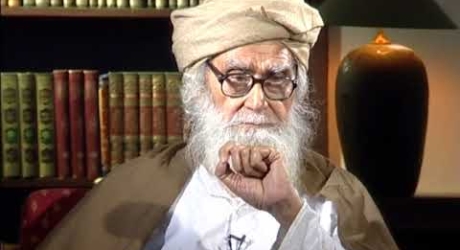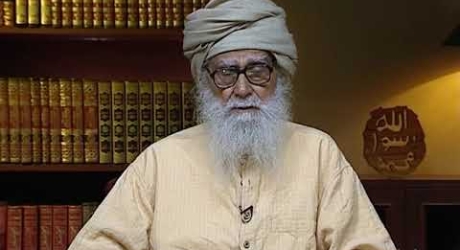With the very creation of man, God began sending prophets to the world. The very first man—Adam—was also the first prophet. This series of prophets continued from Adam to Jesus Christ. The prophets were sent revelations to convey the divine message to every group and community of people in this world. Finally, God decided to send the final prophet—Prophet Muhammad—to whom He would send the last divine book, which would be preserved with the message of God for all time so that no further prophets were required anymore.
All the messengers of God enjoy equal status. According to a tradition of the Prophet of Islam, the prophets were more than 100,000 in number. The Quran talks of nearly two and half dozen prophets. We can learn lessons from the lives of all the Prophets of God. In the chapter entitled Al-Baqarah (The Heifer), the Quran says: “We do not differentiate between any of His messengers. We hear and obey. Grant us Your forgiveness, Lord, to You we shall all return!” (2:285) Prophet Muhammad is recorded to have said, “Do not give me superiority over other Prophets.” (Sahih al-Bukhari, Hadith No. 2411) Muslims have been guided to believe in every prophet and the books they brought. Every prophet, therefore, serves as a model for humanity. We can learn important lessons from the lives of all the prophets of God.
Featured Articles
Featured Videos
FAQs
A believing Muslim is bound to respect all the prophets. He cannot differentiate between the messengers of God.
God had sent a prophet or messenger to every group and community of people in this world. All the messengers of God enjoy an equal status. In the chapter al-Baqarah (The Heifer), the Quran says:
We do not differentiate between any of His messengers. We hear and obey. Grant us Your forgiveness, Lord, to You we shall all return! (Quran 2:285)
The Prophet is recorded to have said, Do not give me superiority over other prophets. (Sahih al-Bukhari, hadith no. 4638)
This Quranic verse and the hadith relate directly to the messengers or the prophets of God. But both also have a broader application, according to which, every person is worthy of respect, regardless of creed or culture. Such belief promotes a culture of equal respect among mankind. Difference in belief is necessarily subject to discussion, but not a reason for discrimination. If your belief system is different from that of others, you have every right to engage in discussion and dialogue on the subject, but in the process, you have no right to show disrespect to others. This holds true even if you believe that your ideology enshrines the supreme truth. The culture of discrimination is, after all, quite alien to a divine religion.
Source: The Seeker’s Guide
The lives of all prophets provide guidance for mankind. Muslims can take guidance from the lives of all the prophets. Let us see what lessons we can draw from the life of Prophet Adam. Adam was the first man and also the first Prophet. God created Adam and his spouse Eve, and inhabited them in Paradise. God told them to enjoy freely all the bounties of Paradise except for one forbidden tree which they were not to approach or else they would be wrong doers. (The Quran, 2: 35)
However, Satan seduced them into eating the fruit from the forbidden tree. After this Adam and Eve were expelled from Paradise and were inhabited on the present earth. It was said to Adam and his progeny that only those who proved deserving by their deeds would be admitted to eternal Paradise.
This example from the beginning of creation shows the criterion for admission to Paradise. No one will be given Paradise magically or on the basis of recommendations from anyone. Paradise is not a birthright even for the Prophets.
Paradise is not a birthright even for the Prophets.
With the example of Adam, God set this precedent that Paradise will not be given on any self-established belief. There would be no exception in this rule even for the Prophets.
There is another important lesson in this example of Prophet Adam. The most basic yardstick of eligibility for Paradise is the control over one's desires and the development of one's intellectuality to safeguard oneself from the guile of Satan. Man has unlimited desires and every desire opens a door for Satan. Man has an innate desire for eternal success. This is the path from which Satan successfully instigated Adam. Man should remain vigilant at every such door, in order to ensure that Satan will not enter and lure him away from God's benevolence.
Source: Spirit of Islam March 2015






